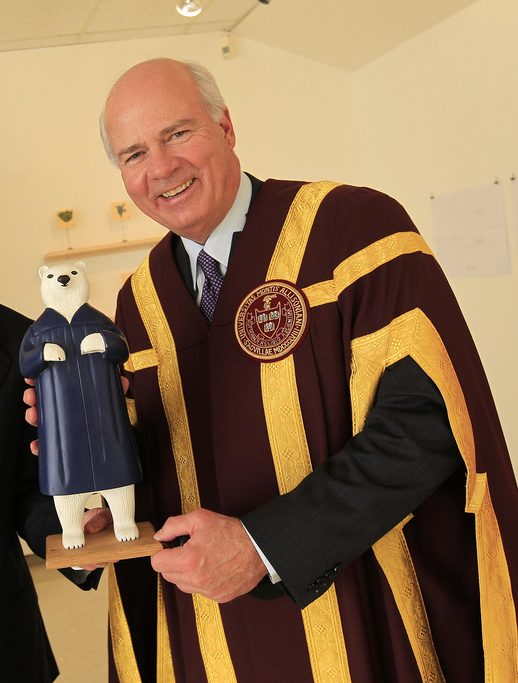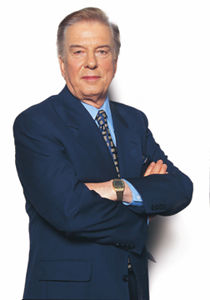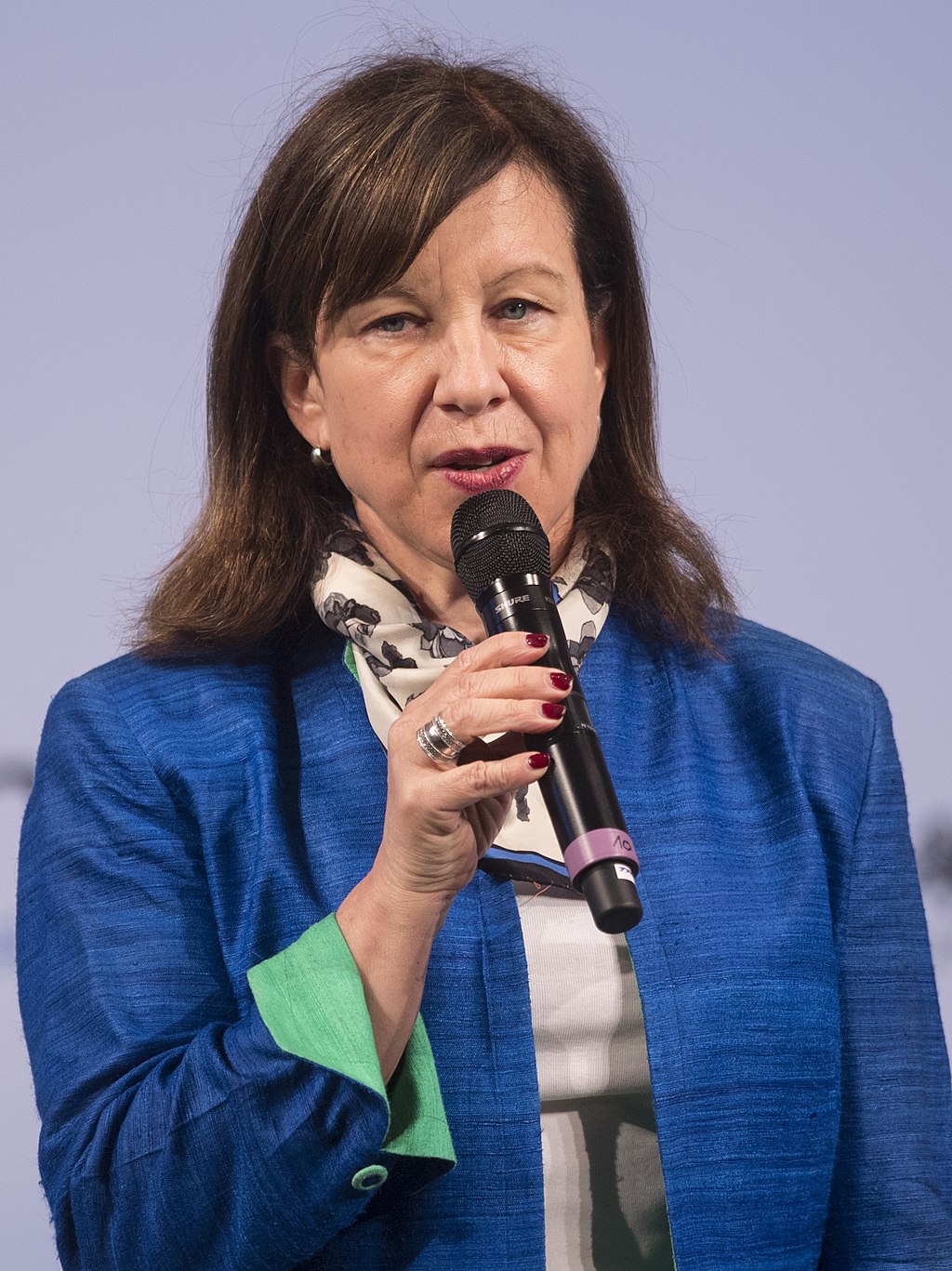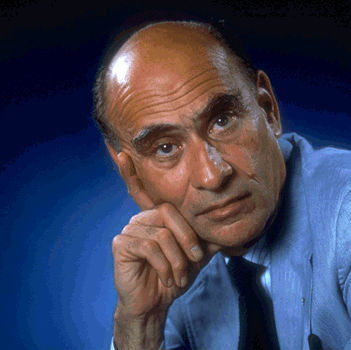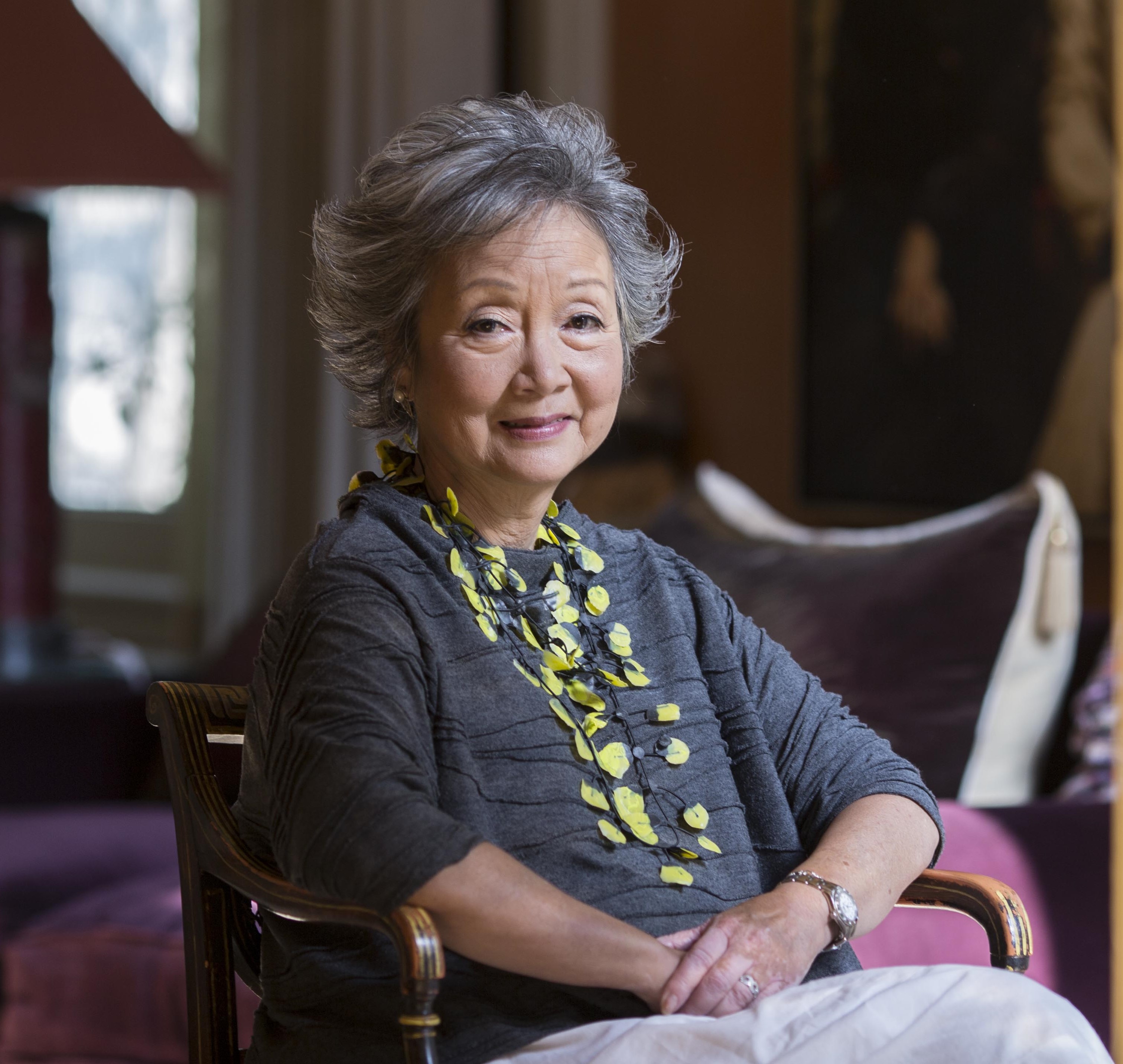Peter Charles Archibald Ewart Jennings, CM, journalist, broadcaster, television news anchor (born 29 July 1938 in Toronto, Ontario; died 7 August 2005 in New York City). One of the world’s most respected journalists, Peter Jennings was best known for his long tenure (1983–2005) as the host and chief correspondent of World News Tonight, ABC’s flagship evening news program. Jennings first gained prominence as a foreign correspondent for ABC News, regularly reporting on breaking news from around the world. He was well known for his integrity and compassion and for his high professional standards. Though he worked for most of his life in the United States, Jennings was recognized for his support of Canadian organizations and as a cultural ambassador for the country. He won 16 Emmy Awards and two Peabody Awards and was a Member of the Order of Canada.
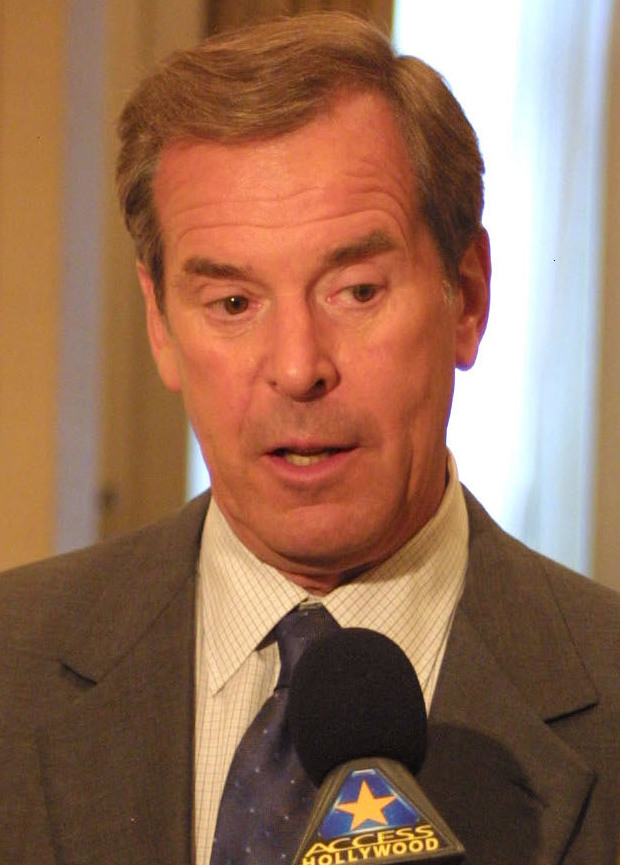
Early Life
Peter Jennings was born in Toronto, the eldest of two children born to Elizabeth Osborne, a homemaker, and Charles Jennings. Charles was the chief announcer for CBC Radio and later became a vice-president at the broadcaster.
Jennings described his father as a pioneer in radio broadcasting, comparing him with legendary American broadcaster Edward R. Murrow. Jennings recalled his father challenging him to describe the sky when he was still a child, and then when he had done so, insisting he try it again, advising him to “slice it into pieces and describe each piece as different from the next.”
Jennings’ first foray into broadcasting came at the age of nine, when he hosted a weekly half-hour CBC Radio program geared towards children called Peter’s Program. Jennings later said that his father, who had been away on business in the Middle East at the time, was upset to learn this, as he abhorred nepotism.
Though born in Toronto, Jennings grew up mostly in Ottawa. Around the age of 11, he boarded at Trinity College School in Port Hope. Six years later, he briefly attended Lisgar Collegiate Institute before dropping out before graduating. Jennings described his difficulties with formal education as being a consequence of impatience and not taking education seriously in his youth. He said that he regretted not completing high school for the rest of his life.
Though he had aspirations to follow in his father’s footsteps in broadcasting, Jennings was also eager to find work and travel the world. He and a friend took jobs as tellers with the Royal Bank of Canada, hoping to be transferred to one of the bank’s Caribbean branches. Instead, he found himself working in the small town of Prescott, Ontario, before being transferred to Brockville. It was in Brockville in the late 1950s that Jennings began working for local radio station CFJR.
Career in Canada
While reporting for CFJR, Peter Jennings’s reports were regularly picked up by the CBC. This soon led him to join CJOH-TV in Ottawa. Because of his youthful good looks, he was assigned to host a teen-oriented music and dance program called Club 13. After that, he helmed a public affairs program for the CBC, then based in Montreal.
When Jennings was 23, the nascent CTV network hired him to host their late night national news program. It was in this capacity that Jennings became the first Canadian journalist to arrive in Dallas, Texas, after the assassination of US president John F. Kennedy in 1963. While covering the Democratic National Convention in Atlantic City the following year, Jennings was approached by the president of the ABC network, Elmer Lower, who offered him a job. Jennings initially rejected the offer. He changed his mind three months later and made his way to New York City to work as an ABC News correspondent.
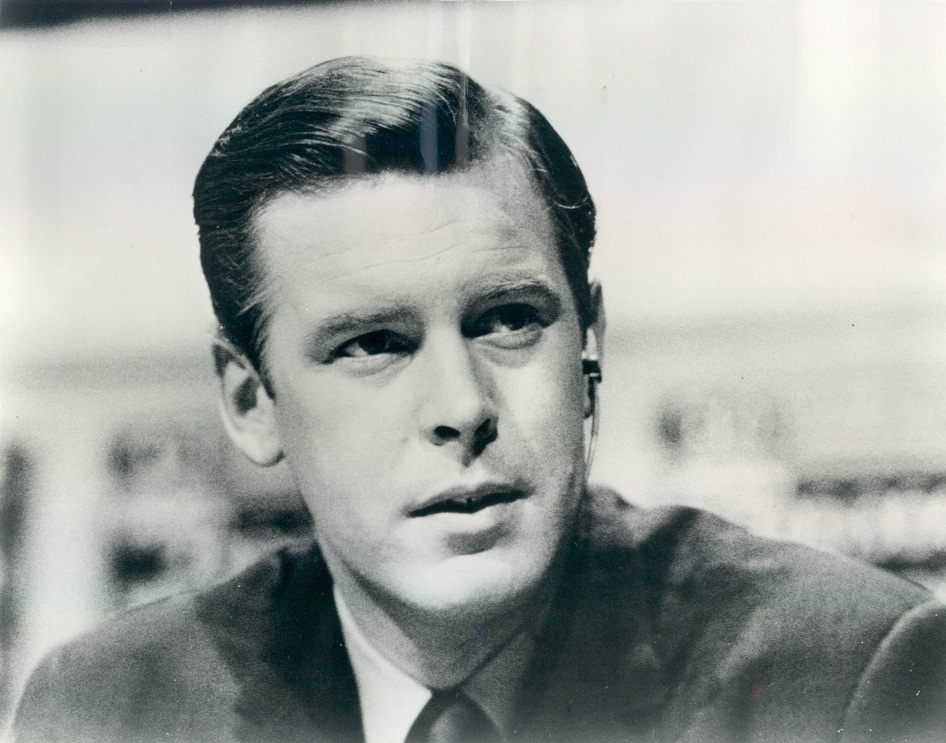
Career in the United States
Within just a few months of taking his correspondent job with ABC News, Peter Jennings found himself helming that network’s nightly newscast. This made him the youngest anchor in the network’s history. The network hoped a young anchor would attract younger viewers, but the experiment failed. Jennings was considered too inexperienced to take on such responsibilities. His lack of experience as a journalist was exacerbated by his lack of experience as an American — he frequently pronounced certain words in Canadian English rather than American English. He also mispronounced the name of a famous Civil War battle and misidentified other elements of American culture during live broadcasts. Jennings later called this his “great failure.”
After three years in the anchor role, Jennings was dispatched to ABC News’ Rome office in 1968, beginning his career as a foreign correspondent. The following year, he established the network’s Middle East office in Beirut, Lebanon. It was the first foreign office for an American television network in the Middle East.
In more than a decade as a foreign correspondent for ABC News, Jennings received the on-the-ground training as a journalist that would characterize the rest of his career. He reported from the Vietnam War, and while working from ABC’s Middle East bureau he reported from nearly every country in the region. His reporting during the terrorist attack against Israeli athletes at the 1972 Munich Olympics and the Yom Kippur War the following year earned him the respect of his peers (as well as a broad international audience).
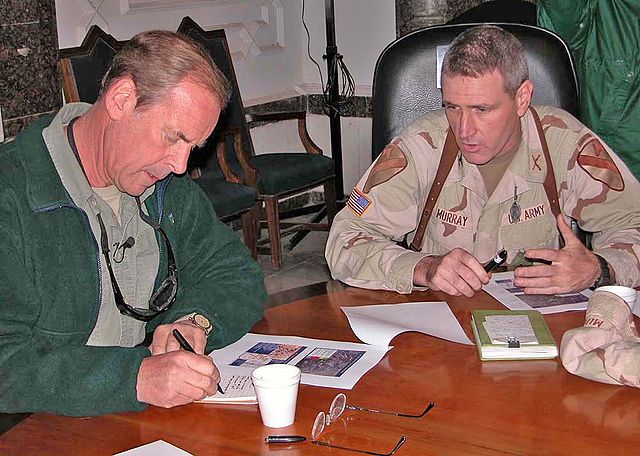
Jennings was also noted for providing balanced coverage of the Israel-Palestine conflict. Jennings conducted the first television interview with Palestine Liberation Organization (PLO) leader Yasser Arafat. His 1974 profile of then Egyptian leader Anwar Sadat earned ABC Television a Peabody Award, with a special mention for Jennings’s reporting. He was also the first American television journalist granted an interview with Ayatollah Khomeini.
After stints as ABC’s Washington correspondent, and then as chief foreign correspondent (based in London), Jennings became ABC’s sole nightly news anchor in 1983. He continued in this role until just a few months before his death in 2005.
Jennings’s second tour as the sole anchor of ABC’s nightly news program was far more successful. He regularly dominated the ratings in the 1980s and 1990s, an era of intense competition between the flagship news programs of the three main American networks and the newly formed CNN. Jennings’s impact was considerable, as he refined the role of a network news anchorman. He served as the program’s senior editor, rewriting scripts and coordinating with reporters to determine how best to tell the stories they were reporting on. He also reported from the field and set endurance records for live coverage. He reported on the Space Shuttle Challenger disaster in 1986 for 11 hours, on the turn of the Millennium for 25 hours, and on the 9/11 terrorist attacks in 2001 for 17 hours.
In addition to the regular daily newscast, Jennings also hosted and produced special prime time documentary features for ABC News under the banner Peter Jennings Reporting. These features provided in-depth examinations of specific issues.
Honours
Peter Jennings was one of the most decorated broadcast journalists of all time. He received numerous awards both during his lifetime and posthumously. These included nearly every major award for an American television journalist, such as his 16 Emmy Awards, two Peabody Awards and two consecutive Edward R. Murrow Awards for best news broadcast.
Jennings was the recipient of several Alfred I. duPont-Columbia University Awards (which honors excellent in broadcast and digital journalism) as well as several Overseas Press Club Awards. In 2006, Jennings was the first ABC News employee to be named a Disney Legend (the Walt Disney Company had purchased the American Broadcasting Corporation in 1996).
Shortly before his death from lung cancer in 2005, Jennings was made a Member of the Order of Canada “for his commitment to excellence and to setting the highest standards in his field,” and for tackling “the most difficult news stories from around the globe with his trademark compassion, wisdom and integrity.” On 21 February 2006, the street in front of ABC News headquarters in New York City was renamed Peter Jennings Way in his honour. In 2011, Jennings was posthumously inducted into the Television Academy’s Hall of Fame.
Select Awards
- Best Anchor, Washington Journalism Review (1988, 1989, 1990, 1992)
- Peabody Award (Peter Jennings Reporting, “Guns”) (1990)
- Outstanding Achievement in Children's Programming (“War in the Gulf: Questions & Answers with Peter Jennings”), Television Critics Association Awards (1991)
- Award of Excellence, Banff Television Festival (1993)
- Peabody Award (Peter Jennings Reporting, “Hiroshima – Why the Bomb was Dropped”) (1995)
- Paul White Award for lifetime achievement, Radio and Television Digital News Association (1995)
- Favorite News Personality, TV Guide Awards (2000)
- Edward R. Murrow Award for Lifetime Achievement in Broadcasting, Washington State University (2004)
- Inductee, Television Academy Hall of Fame, Television Academy (2011)

 Share on Facebook
Share on Facebook Share on X
Share on X Share by Email
Share by Email Share on Google Classroom
Share on Google Classroom

